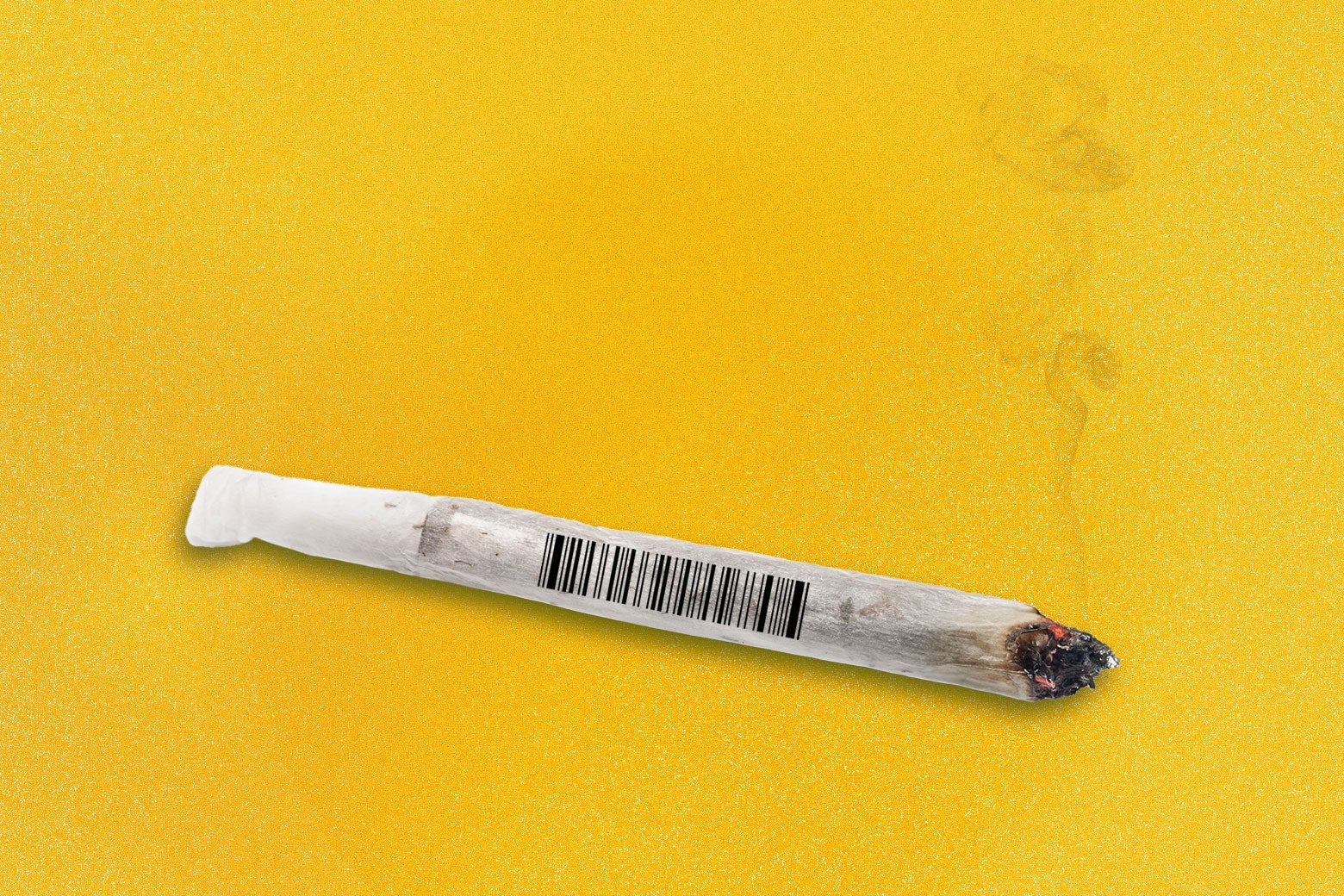Analysis-IMF 'mountain of dollars' key to unlock Argentina's FX controls

By Eliana Raszewski BUENOS AIRES (Reuters) - Argentina's pending $20 billion deal with the International Monetary Fund will bring libertarian President Javier Milei the tool he wants to unlock investment-blocking capital controls and a return to the global market: a "mountain of dollars". The South American country, a serial defaulter that has battled on-and-off economic crisis for decades, is in advanced talks with the IMF over what would be its 23rd program, aimed at bolstering the country's depleted foreign currency reserves. A deal would give the government leeway to start dismantling currency controls in place since 2019, while the IMF's backing could help cut the premium Argentina has to pay to take on new debt, potentially re-opening access to global capital markets. "What you'll have is a mountain of dollars," Milei said in March, referring to a target of doubling gross reserves to $50 billion with the IMF loan and others. He targeted year-end for undoing FX controls, or sooner if the IMF sped up payouts. "The currency controls will no longer exist on January 1. Maybe sooner," he said. Reuters spoke with former IMF and government officials, and economists, who generally agreed that the IMF deal - which still needs board approval - would help undo capital controls and access capital markets, though it wouldn't happen overnight. That's key for the grains-to-lithium producer to revive its embattled economy as it drags itself out of one of its worst ever crises under a tough austerity push by Milei, a bombastic economist allied with U.S. President Donald Trump. Annualized inflation neared 300% last year, net reserves plumbed to negative $11 billion and poverty hit above 50% as the country fell into recession. Those metrics are now improving, but the economy remains brittle. "A guarantee from the Fund gives the government a certificate of good conduct," said Claudio Loser, former IMF director for the Western Hemisphere, adding this would boost investor confidence and help keep a lid on inflation. "Country risk could decrease, and then the government could approach the financial markets." TAKING ON MORE DEBT? Milei took office in December 2023 pledging to take a "chainsaw" to state spending to overturn years of fiscal deficits. This has stabilized the economy and brought inflation down sharply. There are signs the economy is turning around, but pressure has risen on the currency and reserves have slid in recent weeks. Martin Guzman, a former economy minister with the Peronist bloc that opposes Milei, said that the risk of a new deal was that the funds would simply be used to firefight the slide in the peso, eventually leading to greater debt loads.
















